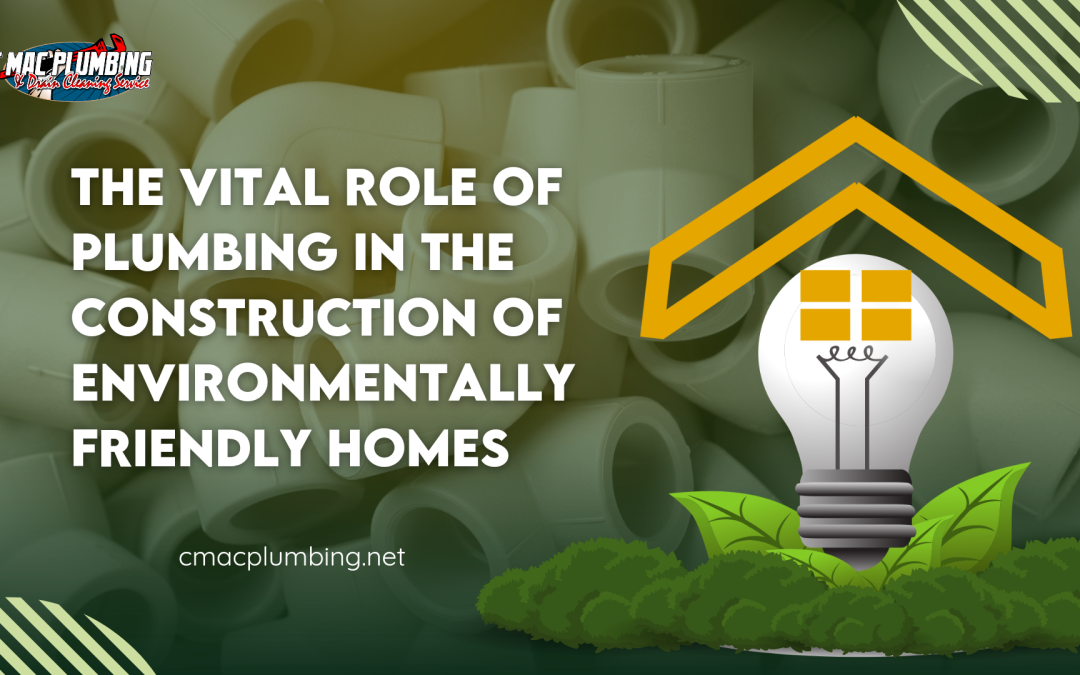In the quest for a greener and more sustainable future, the role of plumbing in building sustainable homes cannot be overlooked. While plumbing may not be the first thing that comes to mind when thinking about sustainable living, it plays a crucial role in conserving water, reducing energy consumption, and promoting environmentally friendly practices. In this blog post, you will explore how plumbing contributes to the creation of sustainable homes and why it is an essential component of eco-friendly living.
Conservation of Water
One of the primary ways plumbing promotes sustainability is through water conservation. Sustainable homes incorporate water-efficient fixtures such as low-flow toilets, faucets, and showerheads. These fixtures significantly reduce water consumption without compromising performance. Furthermore, advanced plumbing systems can be designed to harvest rainwater and utilize greywater for non-potable purposes such as irrigation or flushing toilets. By implementing these water-saving measures, homeowners can reduce their water footprint and contribute to o the conservation of this precious resource.
Energy Efficiency
Plumbing also plays a vital role in achieving energy efficiency in homes. The design and installation of efficient plumbing systems can minimize energy wastage and reduce utility bills. For instance, properly insulated hot water pipes can prevent heat loss during distribution, resulting in less energy required to heat the water. Additionally, energy-efficient water heaters, such as tankless or solar-powered systems, can further reduce energy consumption. By incorporating these technologies, sustainable homes can minimize their carbon footprint and promote energy conservation.
Waste Management
Effective waste management is another aspect of sustainable plumbing. Proper plumbing systems facilitate the safe and efficient disposal of wastewater. The use of eco-friendly sewer lines, septic systems, and treatment technologies ensures that harmful substances are contained and treated before being released into the environment. This not only protects water sources but also safeguards public health.
Innovation and Technology
Advancements in plumbing technology continue to drive sustainable practices in the construction industry. Smart plumbing systems equipped with sensors and automation can detect leaks, monitor water usage, and optimize efficiency. These systems empower homeowners to make informed decisions about their water consumption and detect any issues promptly. Furthermore, the integration of renewable energy sources, such as geothermal heat pumps, with plumbing systems enhances sustainability and reduces reliance on fossil fuels.
Plumbing is an integral component of building sustainable homes. By prioritizing water conservation, energy efficiency, waste management, and embracing innovative technologies, plumbing systems can contribute significantly to sustainable living. Homeowners, architects, and builders must recognize the importance of incorporating eco-friendly plumbing practices in construction projects. By doing so, you can create a future where sustainable homes are not just a trend but a necessity for a greener planet. Let us make responsible plumbing choices to build a sustainable future.


